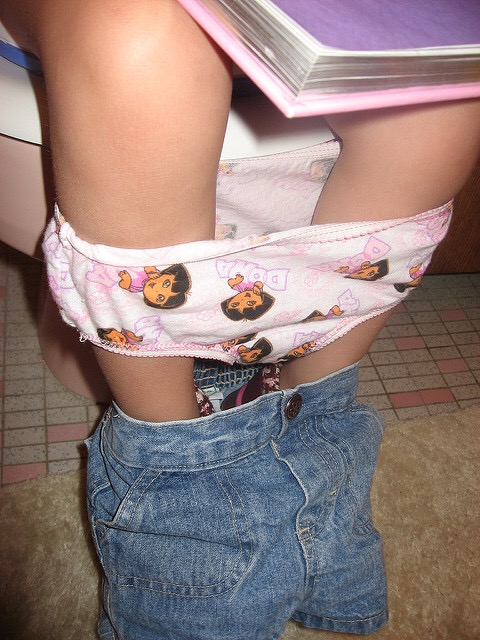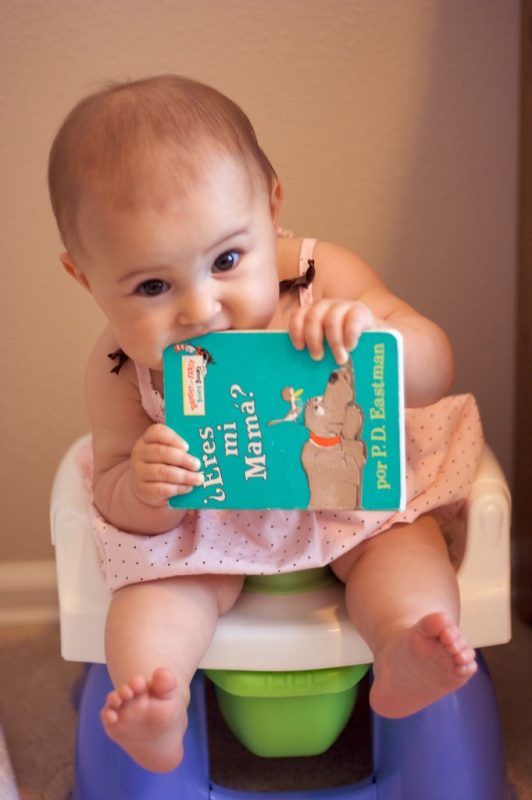Constipation in children is a common problem. It is often characterized by infrequent bowel movements or hard, dry stools.
If a child is constipated, it will not eat properly and this makes the parents to worry.
Constipation in children is mostly cured on its own and by doing little changes in the diet and doing some exercises.
Reasons for constipation in children
There may be different things that cause constipation in children which includes:
Contents
Unhealthy diet
If children not eating enough fiber like fruits, vegetables, whole grains, etc., the bowel movement slows down and they feel hard to poop out. Also reduce the foods like, fatty, sugary and starchy ones.
Not enough exercise
Moving around helps food move through your digestive system. If they don’t get enough active playtime — like running around outside — they could get constipation.
Not drinking enough water
Drinking water and other liquids like fruit juices keeps poop soft as it moves through your intestines. When they don’t drink enough, the poop can get hard and dry and might get stopped to come out.
Not going to the bathroom when you need to
 Image: Flickr by Sarah
Image: Flickr by Sarah
Sometimes kids don’t go to the bathroom when they have to. Maybe they don’t want to use the bathroom at school or maybe they don’t want to go indulging in some activity.
If they ignore the body signals, at that time, it might make it harder to go later on.
Stress
Kids might get constipated when they’re anxious about school or something at home.
This can happen during scary events, like starting at a new school, or even if you’re just worried about a lot of homework and tests coming up.
Being away from home for more than a few days may make you feel a little stressed.
Irritable bowel syndrome
Some kids have a condition called irritable bowel syndrome (IBS). It can act up when they’re stressed or when they run into certain triggers, like fatty or spricy foods.
A kid who has IBS may have constipation sometimes and diarrhea sometimes, as well as belly pain and gas.
Early toilet training
If you begin toilet training too soon, your child may rebel and hold in stool. If toilet training becomes a battle of wills, a voluntary decision to ignore the urge to poop can quickly become an involuntary habit that’s tough to change.
Medications
Certain antidepressants and various other drugs can contribute to constipatioin.
Cow’s milk allergy
An allergy to cow’s milk or consuming too many dairy products (cheese and cow’s milk) sometimes leads to constipation.
Family history
Children who have family members that have experienced constipation are more likely to develop constipation. This may be due to shared genetic or environmental factors.
Signs and symptoms of constipation in children may include:
• Less than three bowel movements a week
• Bowel movements that are hard, dry and difficult to pass
• Pain while having a bowel movement
• Abdominal pain
• Nausea
• Traces of liquid or clay-like stool in your child’s underwear — a sign that stool is backed up in the rectum
• Little Blood on the surface of hard stool
Next Page – How to Treat and Prevent Constipation in children


Leave a Reply